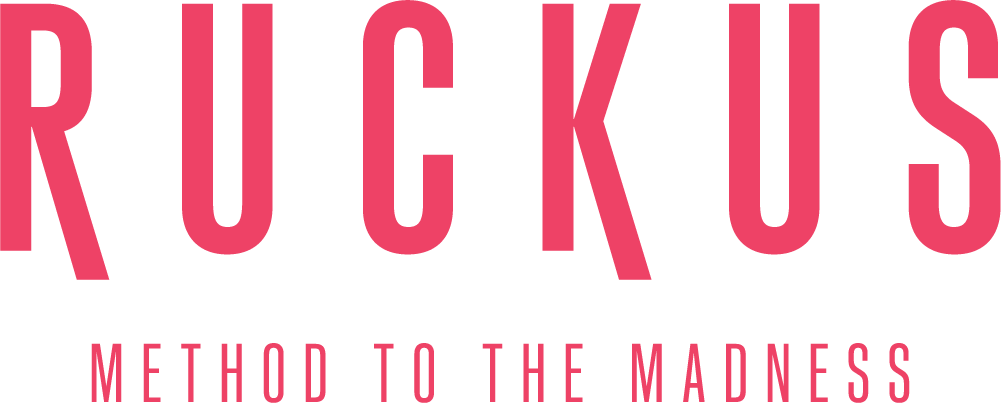It was a challenging week of challenging conversations for me. It prompted me to revisit a list I wrote while watching the TED talk given by Celeste Headlee, she posits that we have lost the balance between listening and talking and it certainly helped me today – her list is timeless and very relevant.
She points out that most of us have been told when listening to someone that you should nod, look the person in the eye, think of interesting things to discuss, summarise what you heard and repeat back that show you are listening – all crap! As she succinctly says if you are really paying attention, you don’t need to show you are paying attention.
We have all had great conversations and remember how we felt afterward, there is no reason that most interactions can’t be like that – her talk is a very well spent eleven minutes and eighteen seconds, check it out (I have put my list below for those who are video challenged).
Celeste Headlee: 10 ways to have a better conversation
1. Don’t multitask – be present, be in that moment, don’t be half in the conversation. If you don’t want to be in the conversation, get out.
2. Don’t pontificate – assume there is something to learn in every conversation, everybody is an expert in something. The famed therapist M. Scott Peck said that “true listening requires a setting aside oneself.”
3. Use open ended questions – start questions with, who, what, when, where, why or how
4. Go with the flow – thoughts will come in, let them go out – if you have a burning question, it can stop you listening. “Don’t listen with the intent to reply” as the author Stephen Covey says
5. If you don’t know, say that you don’t know
6. Don’t equate your experience with theirs. Don’t jump in on anyone’s experience, it is not about you, you don’t need to steal their moment – all experiences are individual
7. Try not to repeat yourself – if you have a point to make, say it once
8. Stay out of the weeds – the names, the days, the years don’t matter. Your listeners don’t care, forget about the details
9. Listen – the most important one. Paraphrasing Buddha, if your mouth is open, you are not listening, no one has never listened themselves out of a job. The average person talks at 225 words per minute, you can listen at 500 words per minute so your mind will try and fill in space that creates and make it difficult for you to remain present, resist that urge.
10. Be brief. As Franklin Roosevelt said “Be sincere, be brief, be seated.”
She quotes a high school teacher called Paul Barwell who wrote in the Atlantic “Is there any 21st century skill more important than being able to sustain coherent, confident conversation?” A very good question, it is certainly up there in my mind.
Ant

